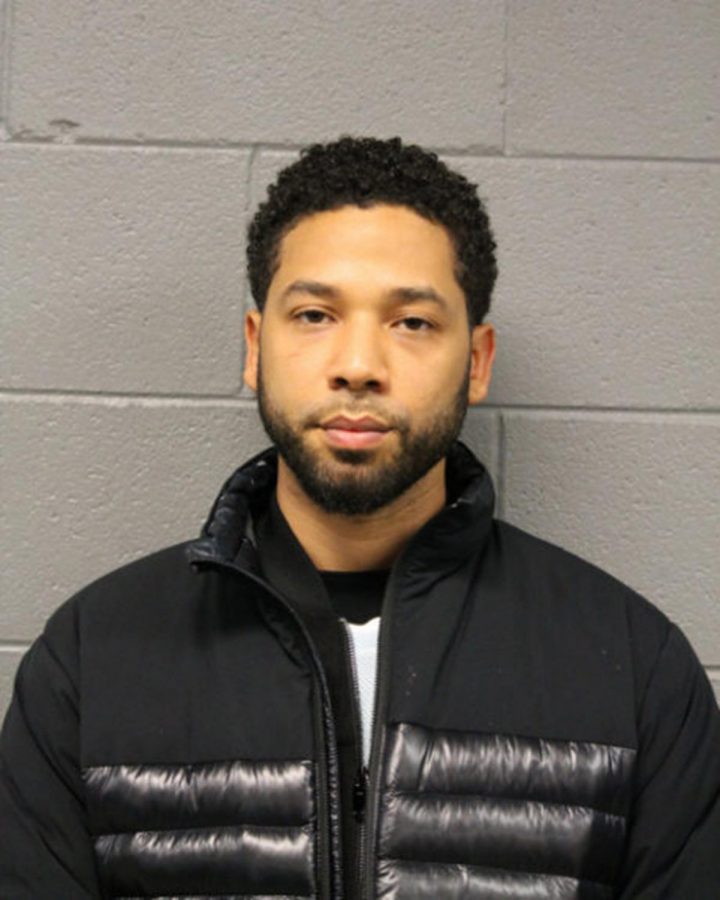On Feb. 21, “Empire” actor Jussie Smollett turned himself in to the Chicago Police Department, just a day after being charged with felony disorderly conduct for allegedly filing a false police report, according to NBC Chicago. This is just one of the most recent updates surrounding the Jussie Smollett case. The full story line stretches a month long, garnering the attention of news outlets and audiences across the nation along the way– and it’s still not over.
In case you missed it, here’s a quick rundown. According to CBS News, Smollett, who is black and openly gay, filed a report that day that detailed an attack made on him by two masked men. The two men allegedly hung a noose around Smollett’s neck and poured an unknown chemical substance on him, all the while hurling racist and homophobic remarks. To top it off, they allegedly yelled “This is MAGA country,” a reference to Donald Trump’s “Make America Great Again” campaign slogan.
This story in particular is unique in that it is chock full of theatrical elements as well as plenty of leaked information, but considerably less full of factual evidence. Most headline stories updating the public were riddled with information attributed to “unnamed law enforcement sources.” Now, several twists and turns later, having poured countless resources into the investigation, Chicago police say they have “shifted their trajectory.”
There are a few reasons Smollett’s story has captivated a nation-wide audience. The first and main reason being the theory that Smollett staged the entire attack, shifting him from victim to suspect. With each development in the story, the probability of a hoax seems more and more likely. Despite this, Smollett continues to presume his innocence.
According to NBC News, Smollett’s legal team released a statement after the indictment stating: “Mr. Smollett is a young man of impeccable character and integrity who fiercely and solemnly maintains his innocence and feels betrayed by a system that apparently wants to skip due process and proceed directly to sentencing.”
Another reason for this story’s large-scale audience is that it directly involves a celebrity. Naturally, many other celebrities rallied to support Smollett after the initial report of the attack. Others openly posed their suspicions. Almost everyone was quick to take to social media to express their opinions. Some, apparently, may have done so a bit too quickly, sparking conversations regarding confirmation bias and media literacy.
On Jan. 30, U.S. House Speaker Nancy Pelosi condemned the attack made on Smollett via Twitter. Nearly three weeks later, after it was revealed that the attack was allegedly staged, the tweet was deleted. According to Vanity Fair on Feb. 18, a spokesman for Pelosi said, “Given the turn in the investigation, we decided to no longer amplify the original accusation.”
This stresses the importance of withholding judgement until all the true facts of any story are revealed, something the responsible news consumer would never fail to do.
As each new leak made headlines, people were all too eager to favor whichever narrative confirmed their biases before any further critical details emerged. “The Daily Show” host Trevor Noah touched on the situation during the Feb. 21 episode, stating, “That’s when I think you have to be even more vigilant, is when (a story) confirms everything you’ve believed.”
If Smollett is convicted he will face a potential sentence of up to three years in prison as well as “restitution to compensate for the cost of the investigation,” according to NBC News. In the meantime, let’s all try to practice savvy media consumption by allowing our biases to standby as we patiently wait for the full scoop.




